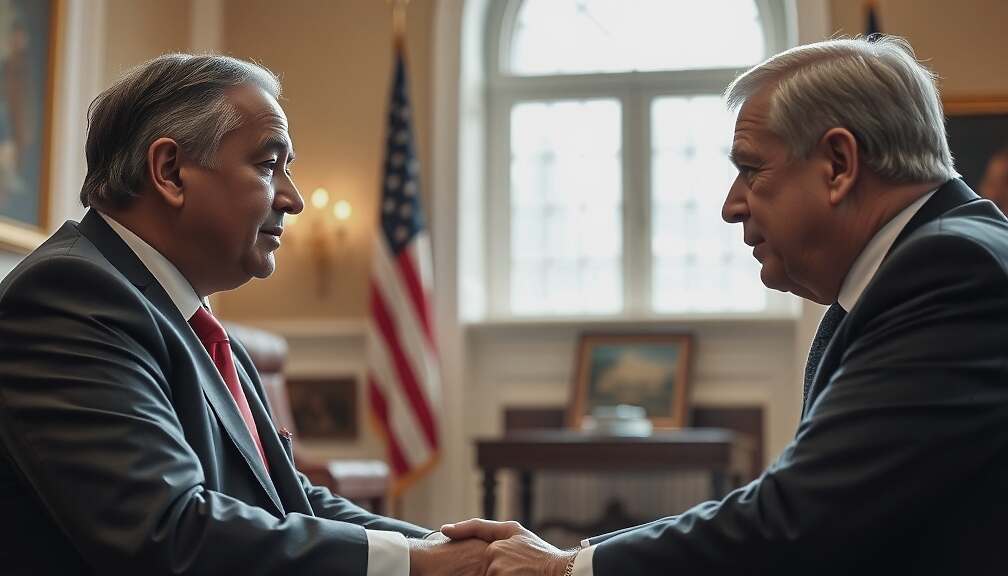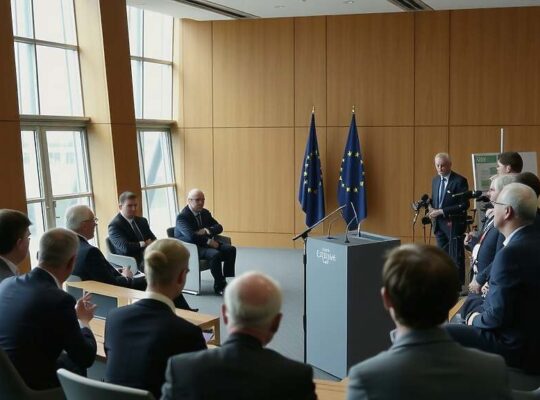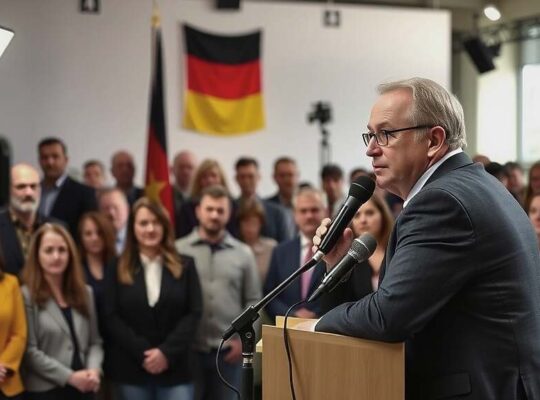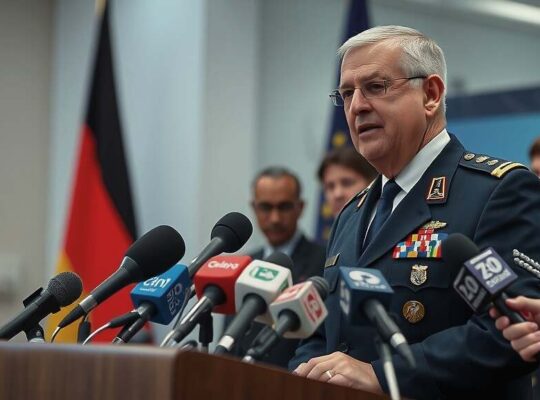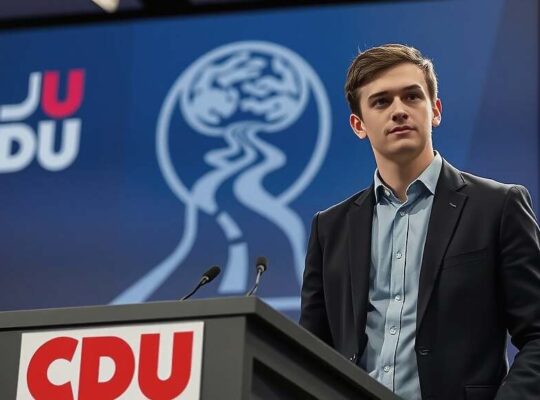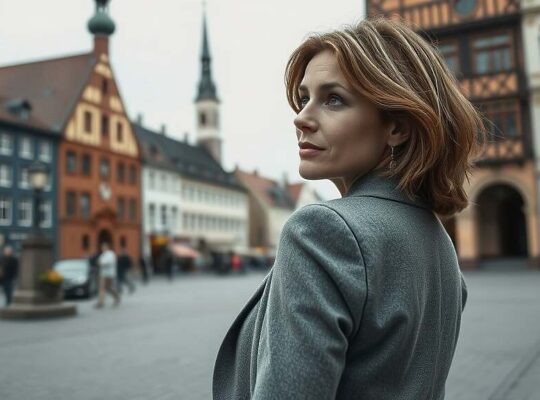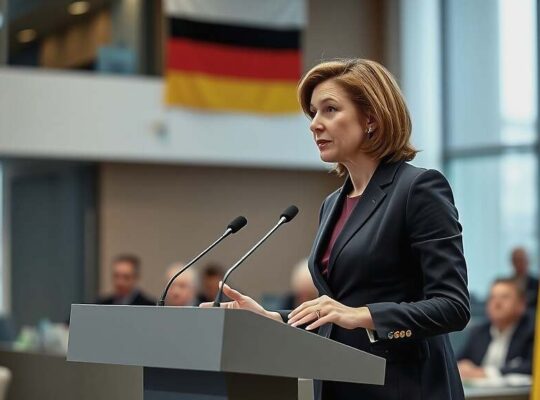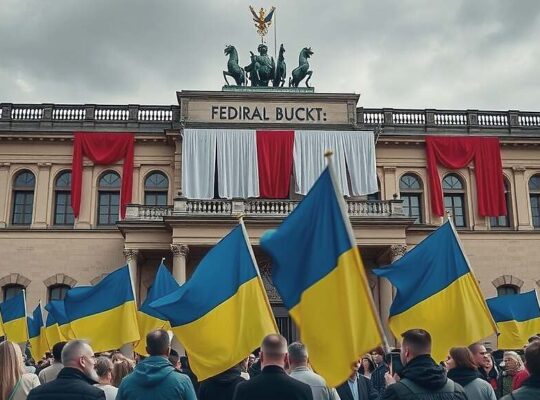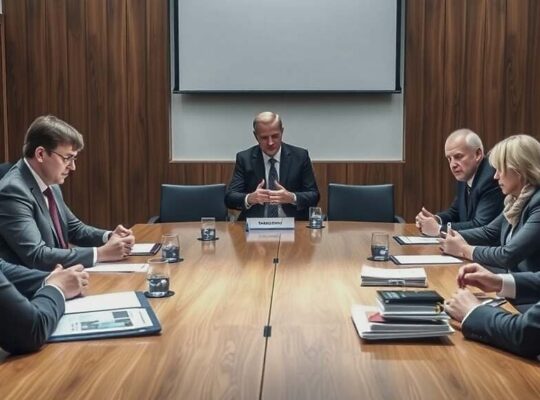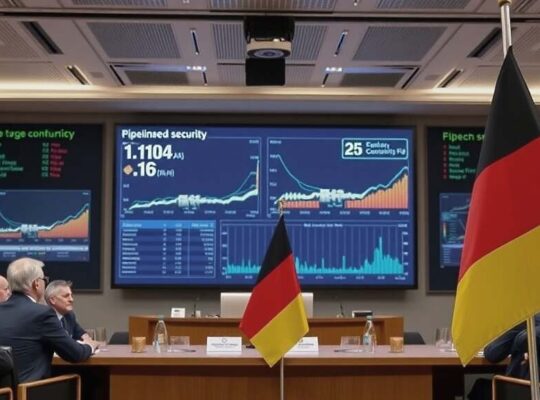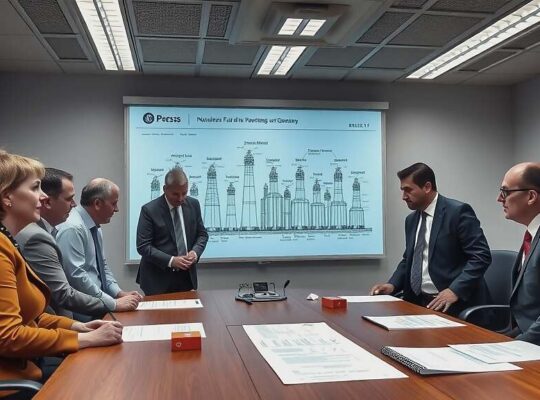German Chancellor Friedrich Merz and Swedish Prime Minister Ulf Kristersson formalized an expanded partnership on Wednesday, signaling a deepening of security and economic collaboration between the two nations. The agreement, solidified through the renewal of an existing innovation partnership, prioritizes intensified cooperation in areas ranging from defense policy and financial regulation to migration control.
Central to the framework is a heightened focus on security and defense, reflecting a shared assessment of the evolving geopolitical landscape. Both leaders underscored the need for closer collaboration in the German and Swedish defense industries, aligning efforts to bolster European security capabilities.
However, the most contentious and potentially impactful, aspect of the partnership revolves around the proposed utilization of frozen Russian assets. Chancellor Merz voiced strong advocacy for reaching an agreement by December allowing for the deployment of these assets to support Ukraine, deeming it a crucial leverage point to compel Russia toward negotiations and a potential end to the conflict. While acknowledging the reservations held by nations like Belgium regarding legal and economic ramifications, Merz emphasized ongoing efforts to address these concerns and establish shared guarantees to facilitate the initiative.
Looking ahead, both leaders committed to increased financial support for the Ukrainian military. Chancellor Merz explicitly linked this aid to Ukraine’s commitment to combating corruption, stating that a reliable partnership necessitates “relentless action” against corrupt practices. Prime Minister Kristersson echoed this sentiment, arguing that addressing corruption in Ukraine is paramount and requires “very open words.
The joint statement revealed a sobering assessment of the ongoing conflict, with Kristersson stating that both nations must prepare for a protracted confrontation with Russia. This signals a shift towards a more long-term and potentially confrontational, posture towards Moscow, underscored by the need for greater European unity and a willingness to confront tough issues, including the accountability and transparency in Ukraine’s governance structure, contingent on the continued success of the partnership.


